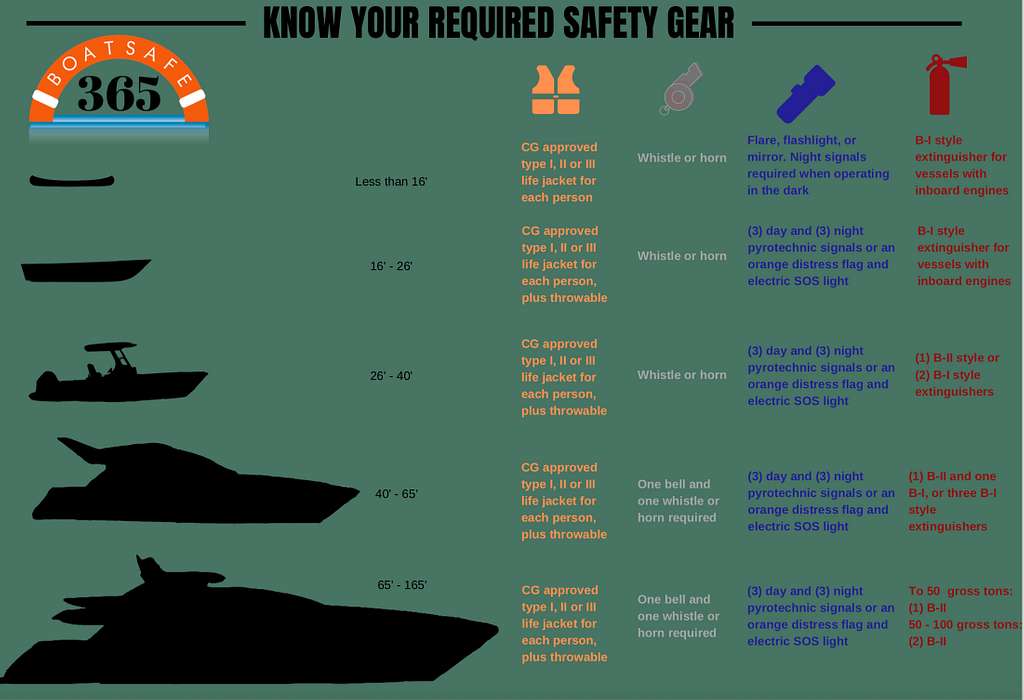Boating Safety and Operating Large Vessels: Navigating the Waters with Caution
The allure of the open water is undeniable. Whether it's the rhythmic waves, the expanse of blue, or the freedom that comes with steering your own vessel, boating is a treasured pastime for many. Yet, with this passion comes the responsibility of ensuring safety for yourself, passengers, and others on the water.
In this article, we'll dive into key safety considerations when operating large boats, especially during unfavourable weather conditions.
1. How do you control a boat in harsh weather?
- Reduce Speed: Just as you would slow down when driving a car in the rain, you should do the same with a boat in choppy waters. This gives you more time to react to unforeseen obstacles.
- Face Waves at an Angle: Instead of hitting waves directly head-on, approach them at a slight angle to minimize impact.
- Keep Weight Centred: Ensure passengers are seated and the boat's weight is distributed evenly to maintain stability.
- Avoid Sudden Movements: Abrupt turns or stops can be dangerous. Gradual, deliberate movements are key.
2. Which safety precaution should be taken first by a boat operator when boating in stormy weather?
- Check Weather Forecasts: Before even setting out, always check the weather forecast. If a storm is predicted, consider postponing the trip.
- Have an Emergency Plan: Ensure all passengers are aware of emergency protocols, including the location of lifejackets, flares, and first aid kits.
- Stay Close to Shore: If you're caught in unexpected bad weather, try to stay near the shoreline, where waters are typically calmer.
3. What is a must for your boat?
- Lifejackets: Everyone on board should have a lifejacket that fits appropriately.
- Communication Devices: Ensure you have a working marine radio or satellite phone.
- Navigation Tools: Equip your boat with GPS, charts, and compasses.
- Emergency Kit: This should include flares, a first-aid kit, a flashlight, and extra batteries.
4. How can you make sure your boat is in good operating condition?
- Regular Maintenance: Just like a car, boats need periodic check-ups. This includes inspecting the hull, engine, and electrical systems.
- Fuel Check: Always check fuel levels before heading out and bring extra if planning a long trip.
- Check Seals and Hatches: Ensure they're tight and not allowing water to seep in.
5. What are some guidelines for safe boating?
- Stay Sober: Boating under the influence is not only illegal but also dangerous.
- Stay Informed: Understand local boating regulations and guidelines.
- Watch Your Wake: Be conscious of the waves your boat creates as they can affect smaller vessels.
6. What should you do first if your boat runs aground at high speed?
- Check for Injuries: Ensure everyone on board is safe.
- Kill the Engine: This prevents further damage to the boat or the seabed.
- Assess Damage: Before attempting to free the boat, determine if there's any damage to the hull or systems.
- Call for Assistance: If you can't free the boat safely, or there's significant damage, call for help.
7. When should a boat operator avoid the risk of collision?
Always. The golden rule of boating is to always avoid a collision, no matter who has the right of way. It's essential to be aware of your surroundings, understand the 'rules of the road' for waterways, and use common sense.
Conclusion
The thrill of boating, especially in large vessels, can be exhilarating. Yet, it's vital to prioritize safety, not only for yourself but for everyone on the water.
#BoatingSafety #SafeSeas #LargeVesselSafety #StormyWeatherBoating #BoatingTips



Comments